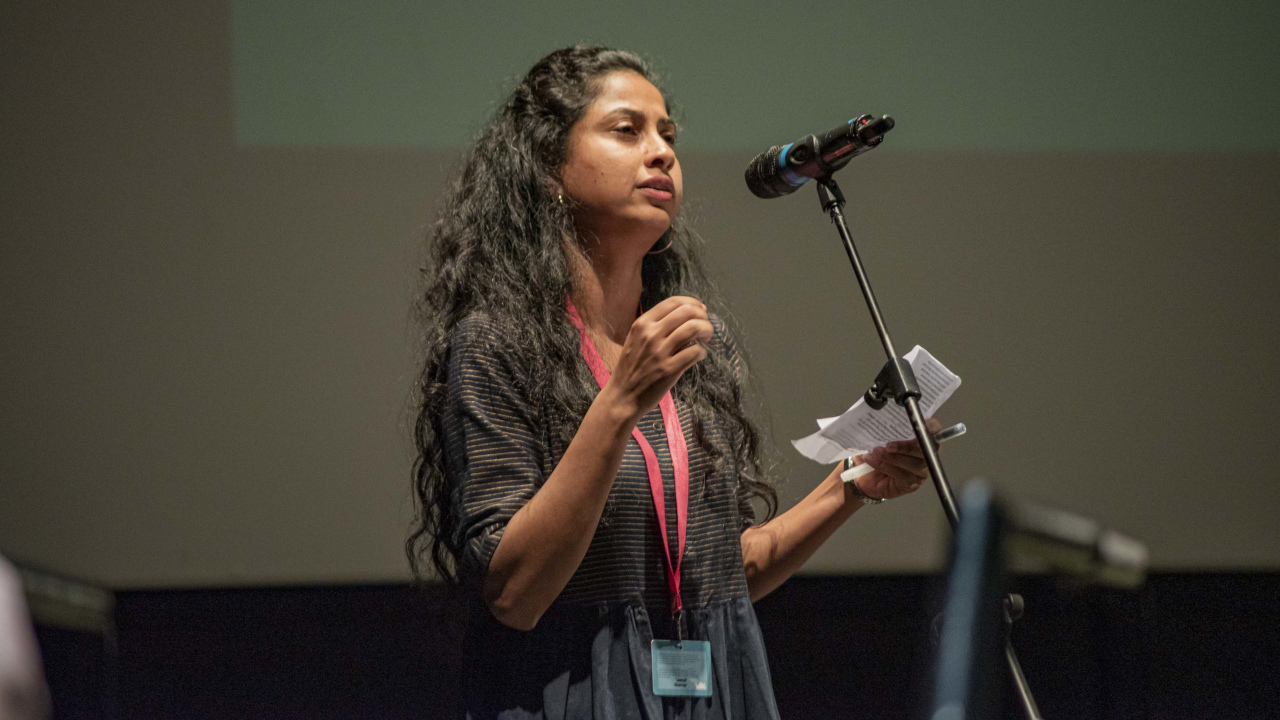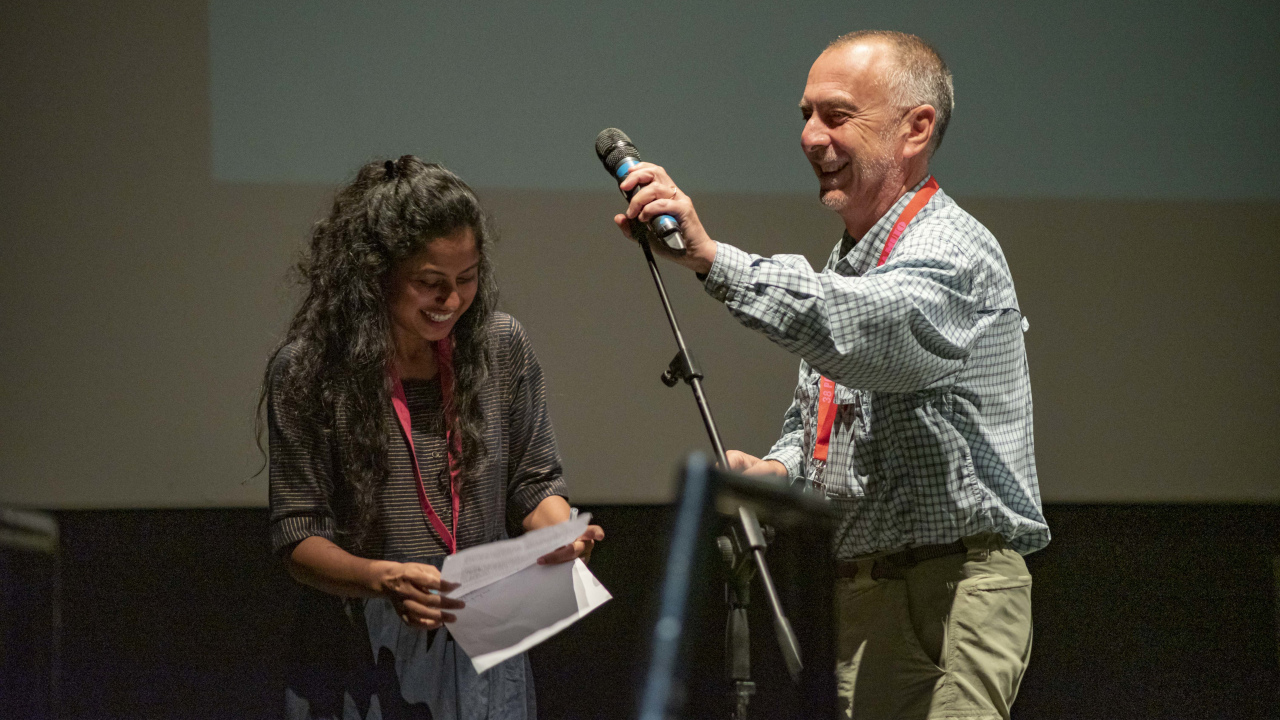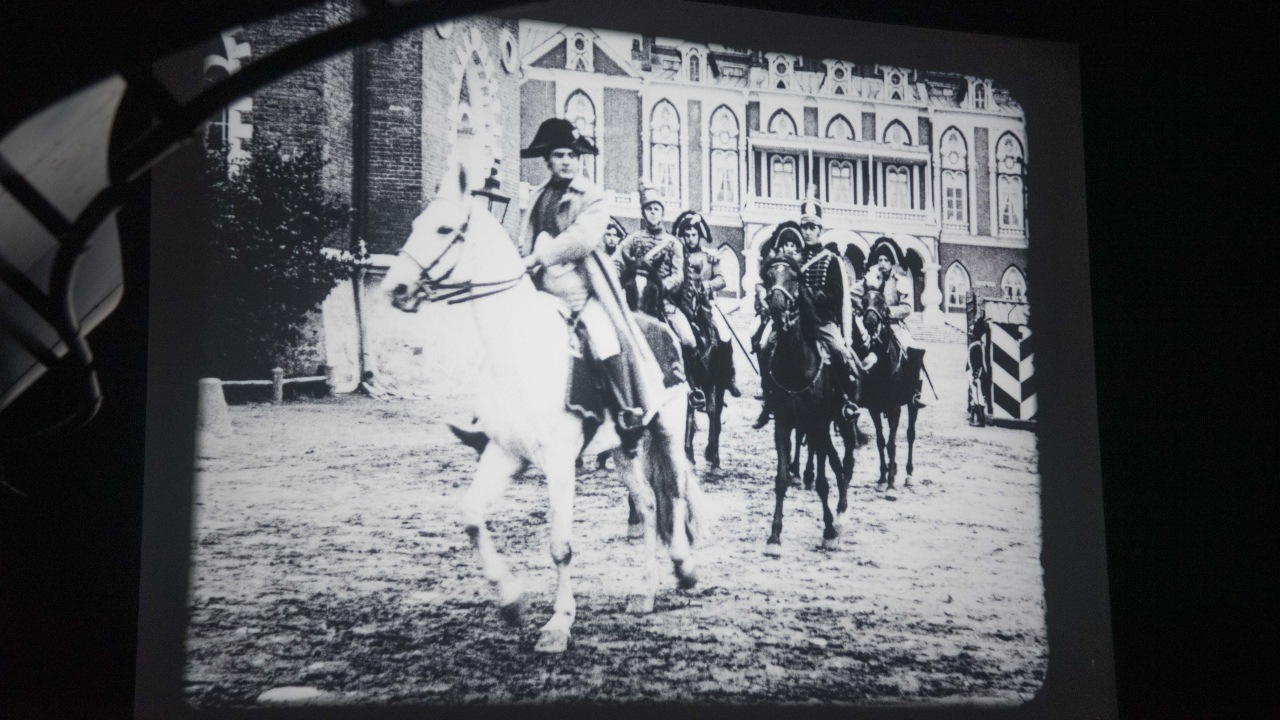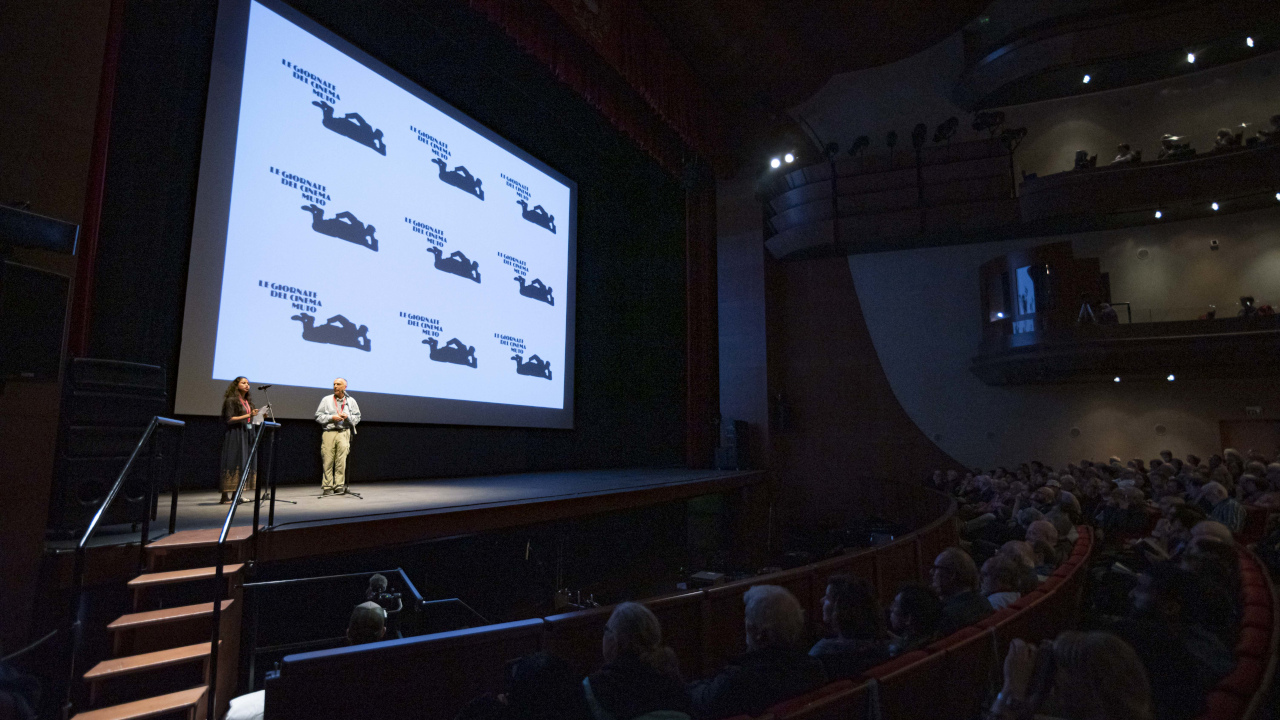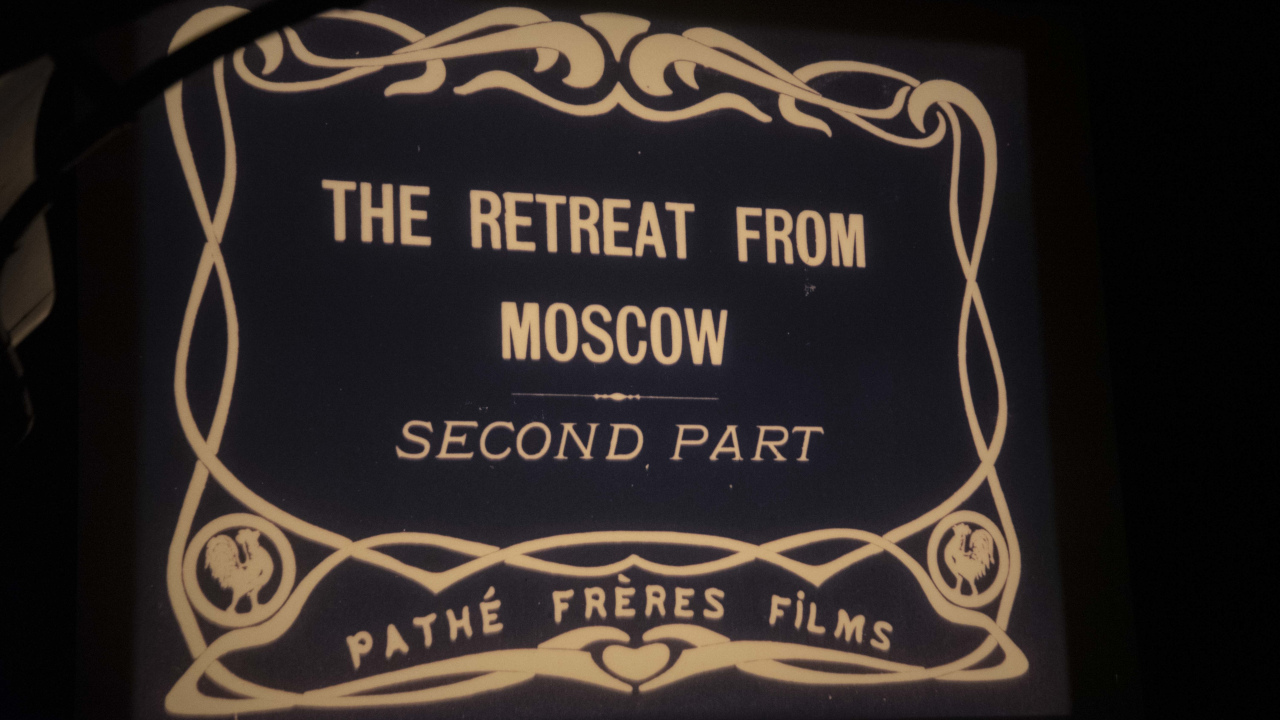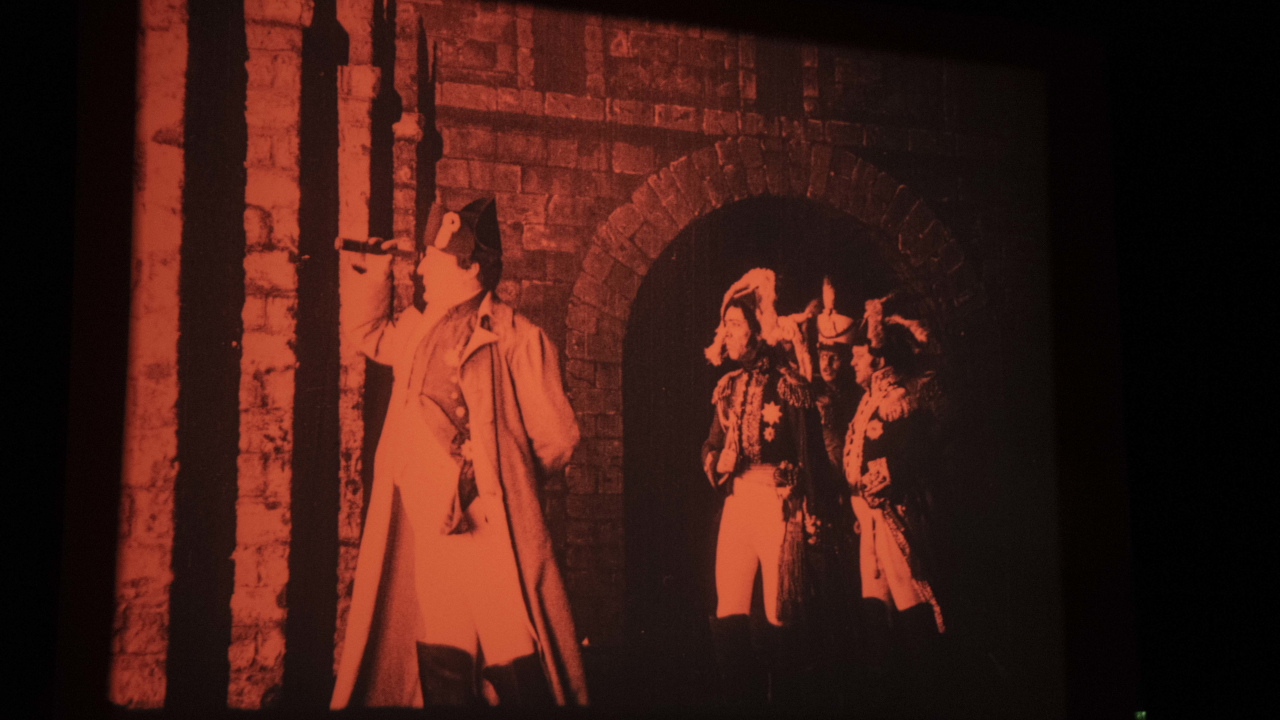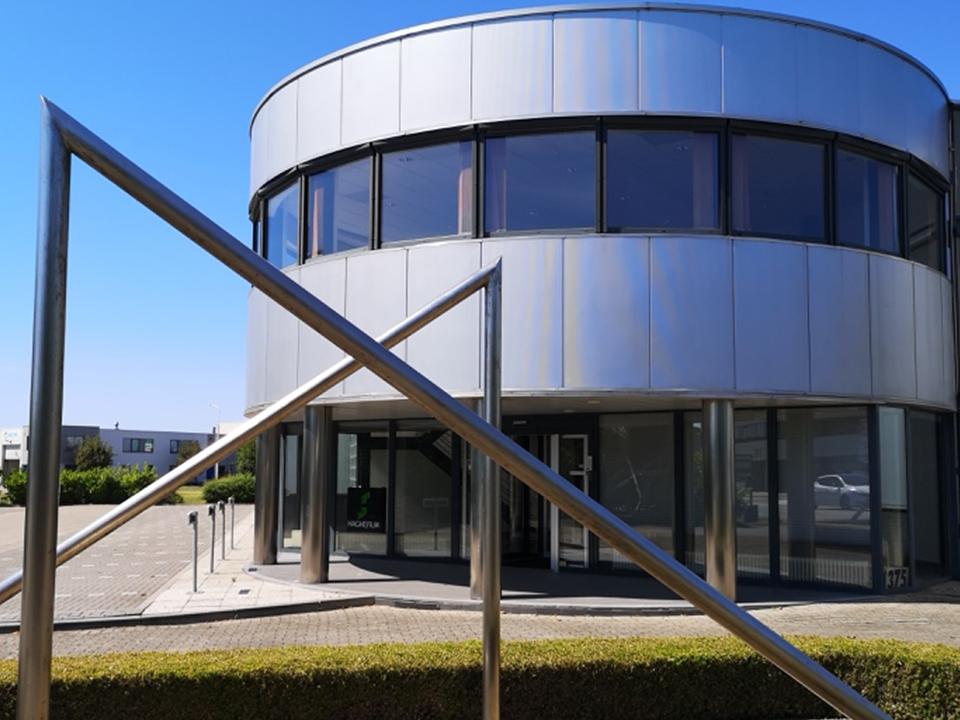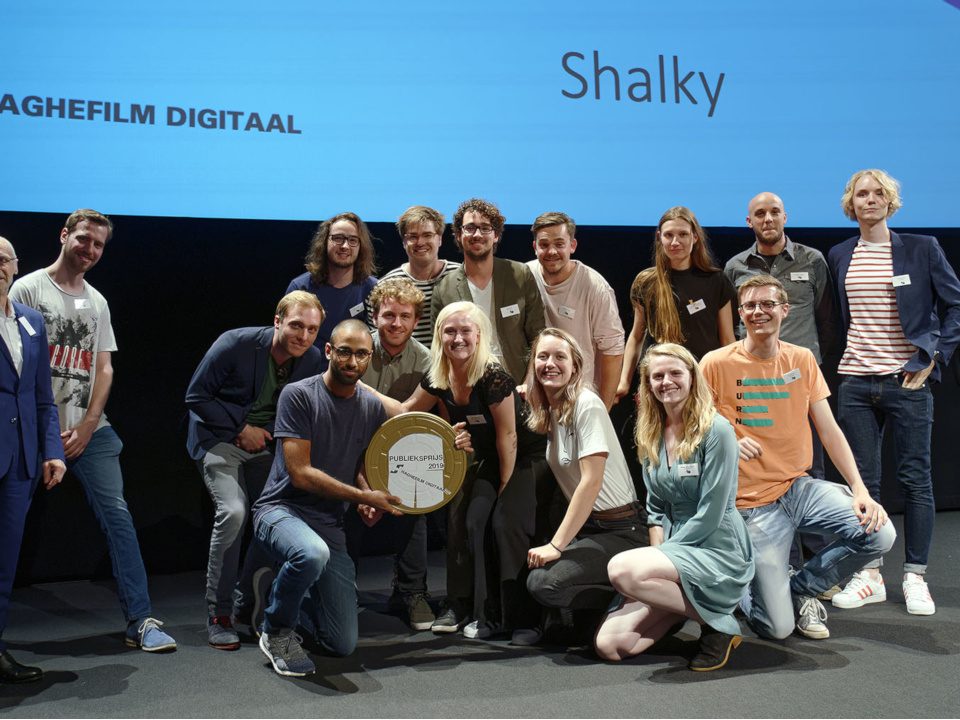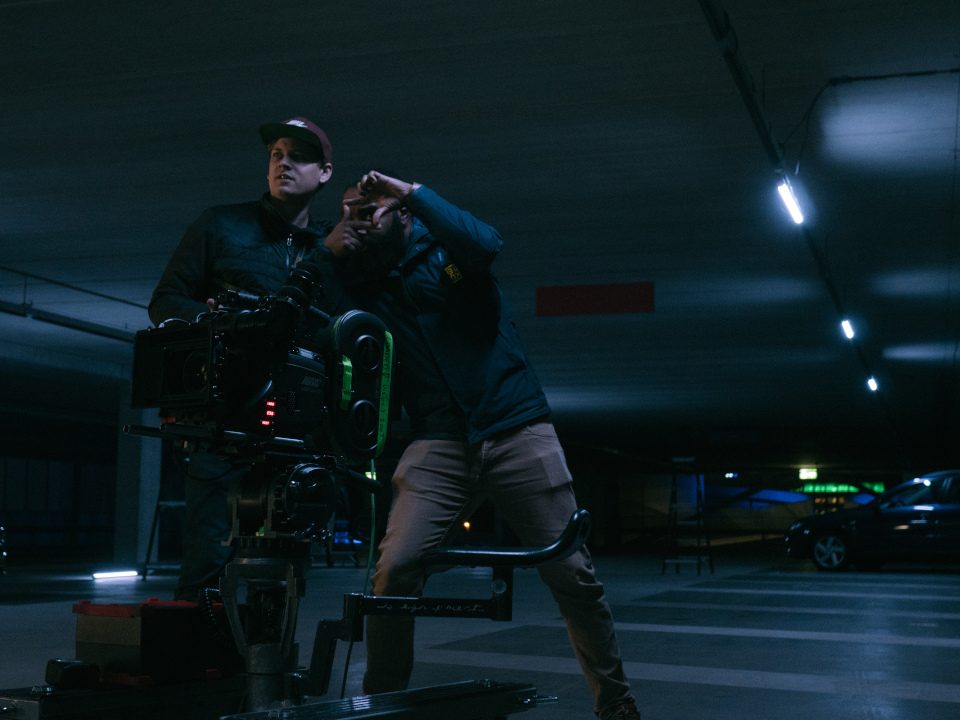Haghefilm has moved!
August 20, 2020Keep an Eye 2019
August 5, 2019
On 10 October 2019, at Le Giornato del Cinema Muto Pordenone Silent Film Festival, Paolo Cherchi Usai and Leenali Khairnar introduced the Haghefilm Digitaal — Selznick School Fellowship project ‘1812 (The Retreat from Moscow)’.
The Haghefilm Fellowship was established in 1997 to provide additional professional training to outstanding graduates of The L. Jeffrey Selznick School of Film Preservation at the George Eastman Museum in Rochester, New York. The Fellowship recipient is invited to Amsterdam for one month to work alongside Haghefilm Digitaal lab professionals to preserve short films from the George Eastman Museum collection, completing each stage of the preservation project.
The recipient of the 2019 Haghefilm Digitaal — Selznick School Fellowship is
Thành phố Bạc Liêu Leenali Khairnar from Mumbai, India, who recently completed her Certificate Program of The L. Jeffrey Selznick School of Film Preservation at the George Eastman Museum.
After studies in physics, Khairnar earned a post-graduate diploma in journalism at the University of Pune. Khairnar then worked in Bollywood, independent cinema, and commercials in various capacities, including assistant director and post-production supervisor. She also attended in 2017 the film preservation workshop organized by FIAF in collaboration with the Film Heritage Foundation in India.
1812 (US: The Retreat from Moscow) (RU 1912)
dir: Vasilii Goncharov, Kai Hansen, Aleksandr Uralskii. scen. supv: Vladimir Afanasiev. photog: Georges Meyer [Joseph-Louis Mundwiller], Aleksandr Levitskii, Louis Forrestier, Aleksandr Ryllo, Fiodor Bremer. des: Cheslav Sabinskii, Viacheslav Fester. cast: Vasilii Seriozhnikov, Pavel Knorr (Napoleon), Baburina (donna nella carrozza di Napoleone/woman in Napoleon’s carts). prod: A. Khanzhonkov, Pathé Frères. uscita/rel: 07.09.1912; orig. l: 1300 m. copy: 35mm, 336 m., 18′ (16 fps), tinted; titles: ENG. source: George Eastman Museum, Rochester, NY.
1812 was one of the most ambitious projects of pre-revolutionary Russian cinema. This feature-length film (which in itself was a rarity in Russia in 1912) was supposed to commemorate the centenary of the French invasion of Russia, otherwise known as the Patriotic War of 1812. Two film companies, the Russian branch of Pathé Frères and Aleksandr Khanzhonkov’s firm launched their reconstructions of the famous historical event simultaneously, and each shot about half of what was intended to be filmed. But, instead of racing to be the first ones on screen, thus destroying the competitor’s commercial success – which was very typical of Russian producers at the time – they decided to join forces. Ethics and generosity had little to do with it. One reason was economics: each of the companies would never have been able to cope with such a massive production on its own. The other reason was politics: the subject had to be treated patriotically but delicately, because the Russian government didn’t want to upset relations with France – so a co-production between a Russian and a French company was an elegant solution. Government support (and the czar’s personal blessing) was crucial to this project: several infantry and Cossack companies were provided for the much-praised crowd scenes. The only bizarre side-effect of this merging is that Napoleon is played by two actors – one from each of the two crews.
1812 is preserved at Gosfilmofond of Russia with a high degree of completeness (ca. 900 metres out of 1300), but in black & white. One reel of the U.S. release version at the George Eastman Museum is the only nitrate print of the film known to exist. It is extensively tinted, which is particularly important in the impressive scenes of the burning of Moscow. The nitrate also contains shots that are missing from the Russian print – including the one that was highly publicized and was considered controversial at the time: wolves tearing to pieces the bodies of the French.
Peter Bagrov, George Eastman Museum
Official photographs from Le Giornate del Cinema Muto: © Valerio Greco, 2019
